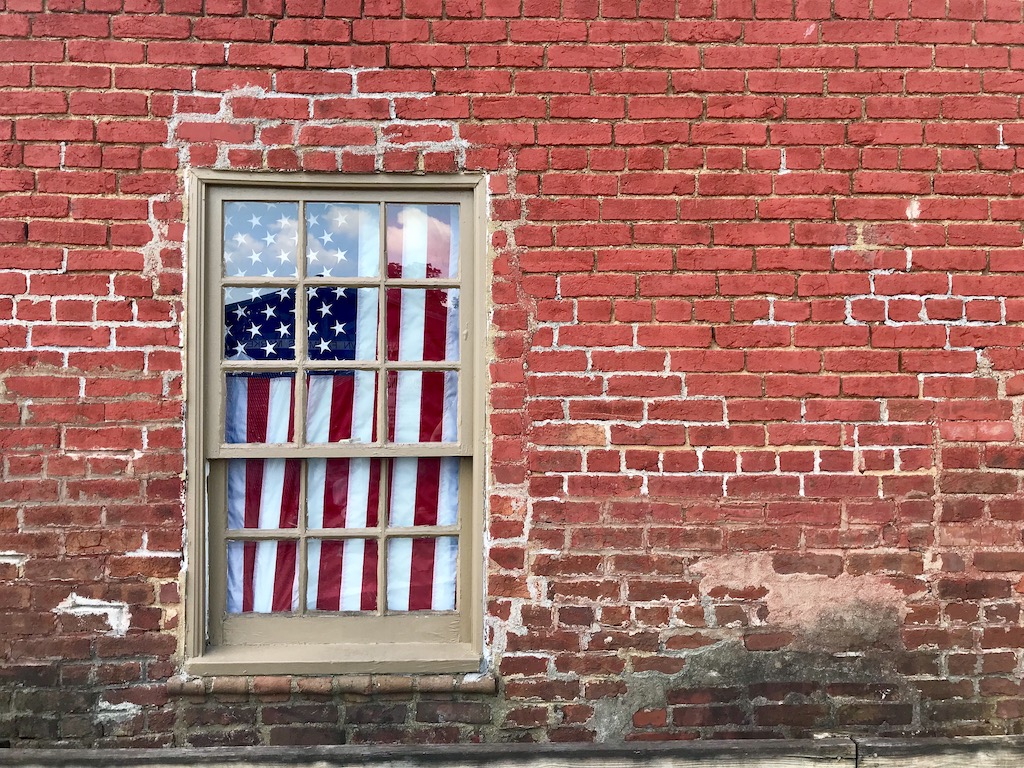This is part of our series on The Hunger Games trilogy by Suzanne Collins. *Spoiler alert: This post contains details regarding the end of the series.*
While I thoroughly enjoyed reading The Hunger Games, I was disappointed at the author’s choice of a rather abrupt and disconnected ending, rewarding her heroine with a life of fear, loneliness and uncertainty. A more inspiring piece would have involved less grieving and more closure, less isolation and more relationship.
As I wrote in a previous post, Katniss’s dystopian society illustrates the dangers of what F. A. Hayek called “central planning,” namely, an enslaved population and suffocated economy. Panem is the archetypical culmination of unchecked political power. The Hunger Games trilogy is about the value of every human life—people are not to be used as instruments of someone else’s pleasure. We each have a unique and inviolable purpose and value.
For such an epic story, however, the finale seems lackluster and unfulfilling. We learn that Commandor Paylor becomes president and the arenas are destroyed. But Plutarch Heavensbee, who was once head gamemaker and now controls the airwaves—a hint at what hasn’t changed—offers a grim assessment of the future: “we’re in that sweet period where everyone agrees that our recent horrors should never be repeated, but collective thinking is usually short-lived. We’re fickle, stupid beings with poor memories and a great gift for self-destruction.”
It is no wonder why Katniss carries fear on her shoulders for the rest of her life, comforted only by her husband, and even then only temporarily. She is left frayed and unsettled, expecting another horrifying turn of events just around the corner. Thinking of her children only seems to summon anxiety about the future. Though we see 20 years pass peacefully, almost nothing feels truly resolved.
But what if, instead of a transfer of power in the Capitol, Panem had been dissolved and every district became an independent, self-governing state? These states could have formed a military alliance to protect one another, and created a trading partnership, like the “Hob”on a much larger scale. Free from Capitol regulation, communities could have developed stronger and more diverse economies, leading to prosperity in every region.
With political power reduced in scope and more localized, the tendency for corruption and abuse would be significantly undercut. Not only would the citizens be more capable of holding leaders accountable, but a second line of defense could be provided by the military alliance, whereby citizens of an oppressed state can call on the aid of others.
The states could share an annual holiday to commemorate their independence and honor the victims of Capitol tyranny. Katniss, Peeta and the others would be local heroes, invited to retell their story every year to eager audiences as a source of education, inspiration and healing.
This kind of community support is missing from Mockingjay. The people of District 12 appear ambivalent about the residents of Victors Village. Katniss spends months in near isolation, and most of her closest friends and family are permanently removed from the picture. Was it impossible for Gale to retain the strong friendship he had with Katniss for so many years? And was it necessary for Haymitch to return to his oblivious drunken stupor? Would not Katniss’s mother come back to live in the District as a grandmother?
Peeta’s father could have survived the attack on District 12 and eventually joined the family by marrying Katniss’s mother. After all, he loved her when they were children, and looked after her and Prim while Katniss was away. This would have replaced some of the sense of loss with one of renewal and restoration. And on that note, Peeta himself deserves little more payoff. We see that he marries Katniss and starts a family, but the overall context throws a dark, wet towel on the situation.
In my story, Katniss and Peeta reopen the bakery with his father. It is wildly successful since so many more people can afford bread and the Mellark name is famous. The children enjoy playing in the alleyway behind the bakery, where Katniss frequently watches them. It is one of her favorite things to do, as it reminds her to hope, and inspires her to pass down the things she has learned. She takes the book of drawings—the one describing the people they knew, loved and lost—and gives it to a history museum, to be preserved for future generations.



